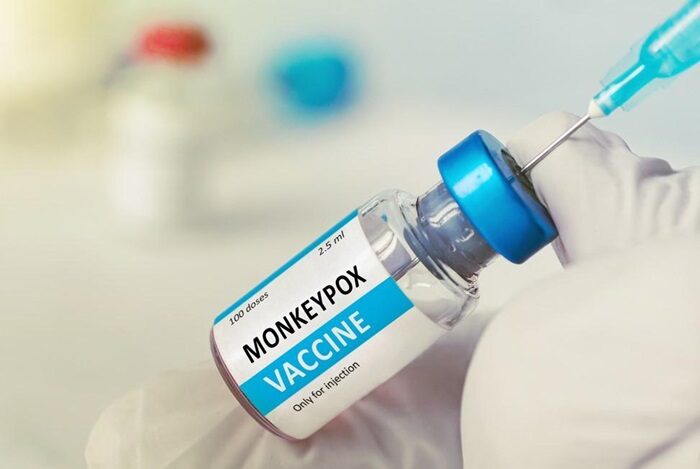The U.S. government, through the U.S. Agency for International Development (USAID), has donated 10,000 doses of the mpox vaccine to Nigeria.
This donation was announced in a statement by the US consulate in Nigeria on August 27 to support Nigeria in its efforts to curb the ongoing outbreak of Mpox virus.
Speaking at the handover ceremony to the National Primary Healthcare Development Agency, U.S. Ambassador Richard Mills expressed optimism about the impact of the donation.
“We are pleased to know that this is a timely donation that will reach the affected areas across the country and those who are most vulnerable to mpox infection,” he said.
The donated vaccine is a two-dose primary series for individuals who have never received the smallpox vaccine, with a single booster available for those previously vaccinated.
The vaccine will be administered primarily to those most at risk, including close contacts of confirmed mpox cases and frontline healthcare workers, with provisions for reactive vaccination in other states as needed.
The U.S. donation comes at a critical time, with Nigeria’s government prioritizing vaccination in five states—Bayelsa, Edo, Cross River, Lagos, and Rivers—where the burden of mpox cases is highest.
Vaccine Safety
Addressing concerns over the vaccine’s safety, Ambassador Mills assured the public, stating,
“Yes, the vaccine is safe. Safety tests have been conducted during clinical trials, and the National Agency for Food and Drug Administration and Control reviewed the results of these trials before granting approval for the use of the vaccines in Nigeria.”
USAID’s ongoing partnership with Nigeria extends beyond this donation, as the agency continues to provide technical support to enhance the country’s prevention, preparedness, detection, and response to infectious diseases.
USAID is also involved in strengthening Nigeria’s primary health care and routine immunization systems, alongside broader initiatives in health, education, nutrition, governance, and the rule of law.
What you should know
- Mpox vaccines are expected to arrive in central Africa starting September 1, beginning with the Democratic Republic of Congo.
- The Africa Centres for Disease Control and Prevention has secured 380,000 doses, which will be prioritized for vulnerable populations.
- The spread of a new strain from Congo has caused mpox cases on the continent to rise from 19,000 to nearly 23,000 in one week, with 622 deaths reported. Gabon has confirmed its first case from a traveller returning from Uganda.
- Despite the outbreak, non-African nations do not plan to implement travel bans on people coming from Africa.
